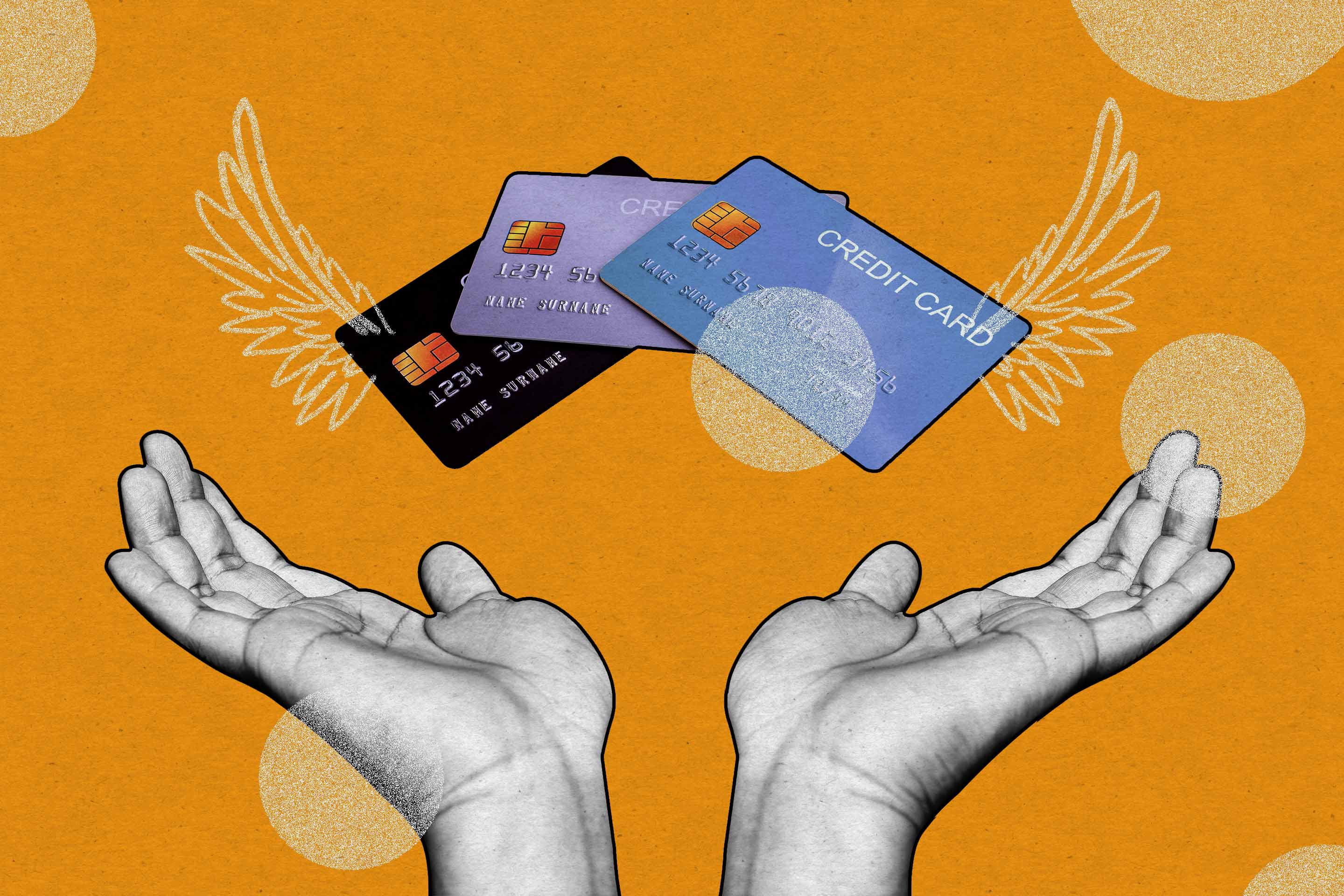Uncovering the underlying reasons of America's debt crisis.
In the US, there is currently more credit card debt than ever before. An astounding $986 billion in credit card debt has been accrued by Americans, according to a recent survey.
The fact that Gen Z is presently racking up credit card debt at a quicker rate than earlier generations is also concerning. Credit card debt can be accumulated for a variety of reasons, and for younger generations, it may signify a move toward independence. Although it does not account for the great bulk of this debt, this may help to explain some credit card debt, particularly for young individuals. It's time to consider forming new habits if acquiring a credit card isn't assisting someone in moving forward in life and is, instead, holding them back with weighted chains. Why do people rack up credit card debt so frequently? Here are 5 typical explanations.
1. Spending More Than You Bring In
The majority of individuals naturally prefer to experience pleasure right away while postponing or avoiding difficulty as much as possible. Credit cards allow us to experience pleasure now while also allowing us to experience the burden of debt repayment far later. A person is given a credit limit on their credit card, which enables them to spend more than they may actually have or even be earning. This enables a person to make minimum monthly payments over a longer period of time while purchasing items. In turn, this adds up as more credit is used for purchases, and the deadline for paying it off completely keeps getting postponed. Interest is added incrementally to credit card debt. Thus, in addition to new purchases increasing the total debt, interest and fees also add to the debt.
2. Splurging
Splurging can refer to carelessly or lavish spending. This can include going on frequent shopping adventures, making daily Amazon purchases, being overly enthusiastic about finding great deals, traveling on a whim, taking exotic vacations, mindlessly dating, going out every weekend, eating out for every meal, attending numerous concerts and festivals, having lavish weddings fit for a king and queen, and purchasing the latest, greatest, and shiny thing, among other vices. Credit cards can provide users a false sense of financial security while delaying payments, putting them in a precarious situation from which they are unable to easily recover.
If this relates to the growth of your credit card debt, it's time to get serious and create a detailed, well-thought-out plan to get out of debt. By overcoming the challenges of debt repayment, we personally grow and break free from the constraints of our more primitive, consumeristic inclinations. Unfortunately, a lot of people mistake consumption for capitalism and then blame it for everything. In actuality, consumerism's emphasis on individual responsibility is to blame.

3. Emergencies
Emergencies do happen; for the most part, they are an inevitable aspect of life. These instances could include, among others, a personal medical emergency, an injury, a veterinary emergency involving your pet, a vehicle problem, a dental problem, a broken or missing phone, or a computer issue that prevents you from working. A person may look for a line of credit if they do not have enough cash on hand to cover the costs. When only the minimal sums needed are paid at a time, some of these crises can have significant financial repercussions that take years to pay off. Because you were unable to shop around, you are likely to have a higher interest rate if you obtain a credit card during an emergency, which will increase your debt.
4. High Interest Rates
Annual percentage rates (APR) have an effect on a person's overall credit card debt because they increase the amount that person owes for the utilization of their available credit. If you need assistance raising your credit score, see the article 5 Easy Steps for Improving Your Credit Score. A higher APR on your credit cards may be a sign that you have a lower credit score.
The national average annual percentage rate (APR) for a new credit card is 22.26%, while the average APR for existing credit cards is 20.9%. Interest rates have climbed in recent years. As long as you have a balance, the unpaid portion must be repaid using your current interest rate. To combine their many credit card obligations for a reduced interest rate when they can, which is why some people choose debt consolidation. Although debt consolidation may speed up the repayment of your credit card debt, it does not always improve credit scores. A bank loan, credit union loan, or obtaining a new credit card and transferring the debt to it are all options for debt consolidation.
5. Inflation
Because prices are rising, you can buy fewer things with your money. Because many people use credit cards, especially during inflationary times, this might seriously affect your ability to stick to your budget. Food, petrol, insurance, eating, housing, and travel are a few examples of items where prices have increased recently. It may be time to create a new budget, relocate to a more cheap region, or hunt for employment that pays more if the prices are forcing a person to go over their budget.
Conclusion
Overall, there are strategies to prevent racking up huge credit card debt and there are undoubtedly ways to get out of debt. While there are certain practical safeguards and actions we can take to avoid falling into substantial debt when using credit cards, we cannot control everything that life throws at us. With a planned personal financial strategy, adhering to a strict budget, and keeping steadfastly dedicated throughout the process, a person can get rid of a lot of their credit card debt. Being debt-free involves both personal responsibility and financial freedom.


























